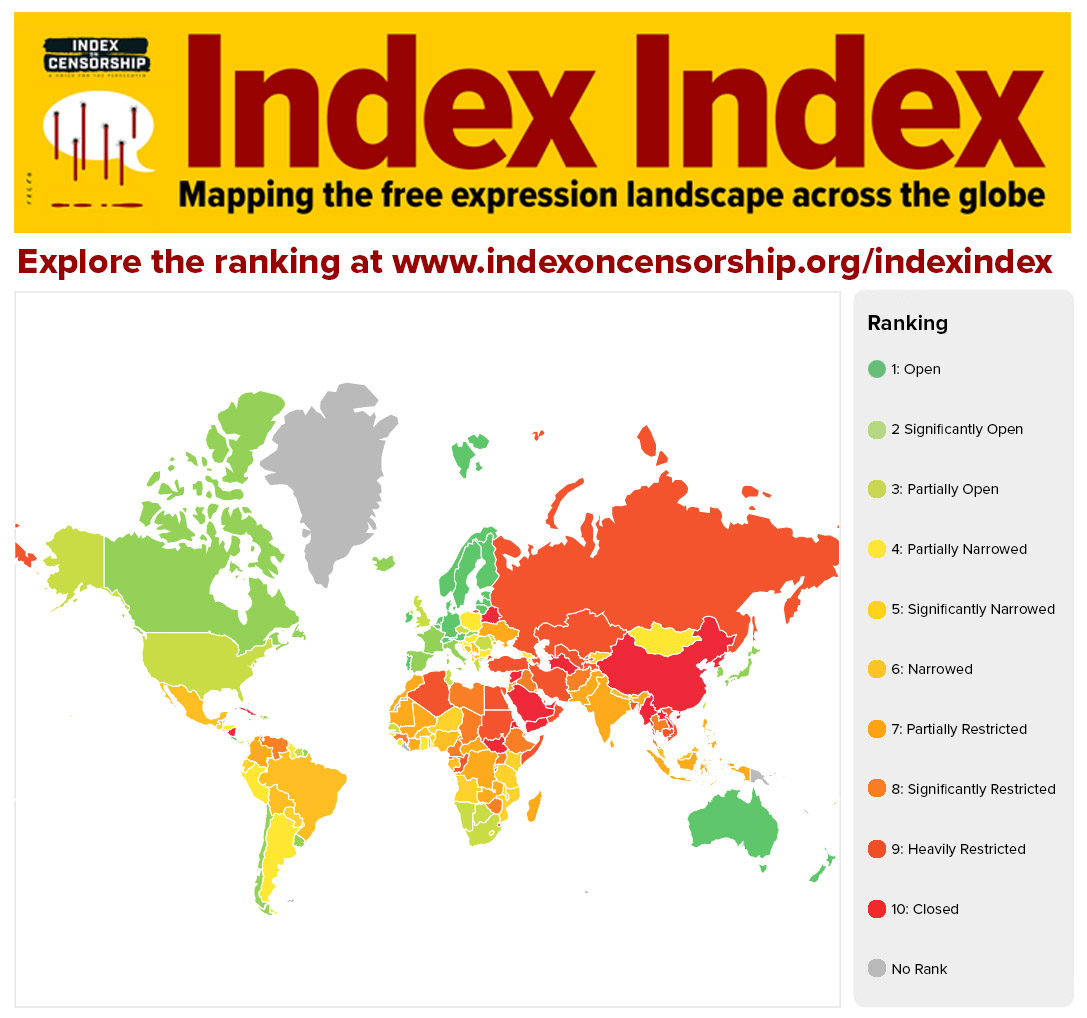Sri Lanka’s President Mahinda Rajapaksa dissolved parliament on Tuesday, and announced general elections as the opposition called for nationwide protests over the arrest of defeated presidential candidate General Sarath Fonseka, the former army chief. Fonseka was arrested on Monday night, Rajapaksa won the presidential poll on January 26 amid opposition claims of widespread electoral fraud. Yesterday, government supporters clashed with thousands of opposition protesters over the arrest. The opposition accused the President of ordering Fonseca’s arrest on fabricated coup charges to prevent a further challenge from him in parliamentary polls. According to the Civil Rights Movement (CRM), demonstrators were physically attacked by government supporters who were prepared with sticks and large stones. Ban Ki Moon, the UN Secretary-General, has expressed concern over the arrest, as has the US. “Democracy today in Sri Lanka is nonexistent,” said Ravi Rajakarunanayake, a member of Parliament from an opposition party that had backed General Fonseka. “It is very tense here today.”
The Free Media Movement (FMM) and other IFEX members report that Sri Lankan journalists continues to be arrested and intimidated as part of a post-election crackdown. The authorities have detained and questioned many journalists, blocked websites and attempted to expel a foreign journalist, fostering a climate of fear. Five Sri Lankan media organisations have expressed concerns about attacks on the media and this week two journalists from the MTV television network were assaulted.




